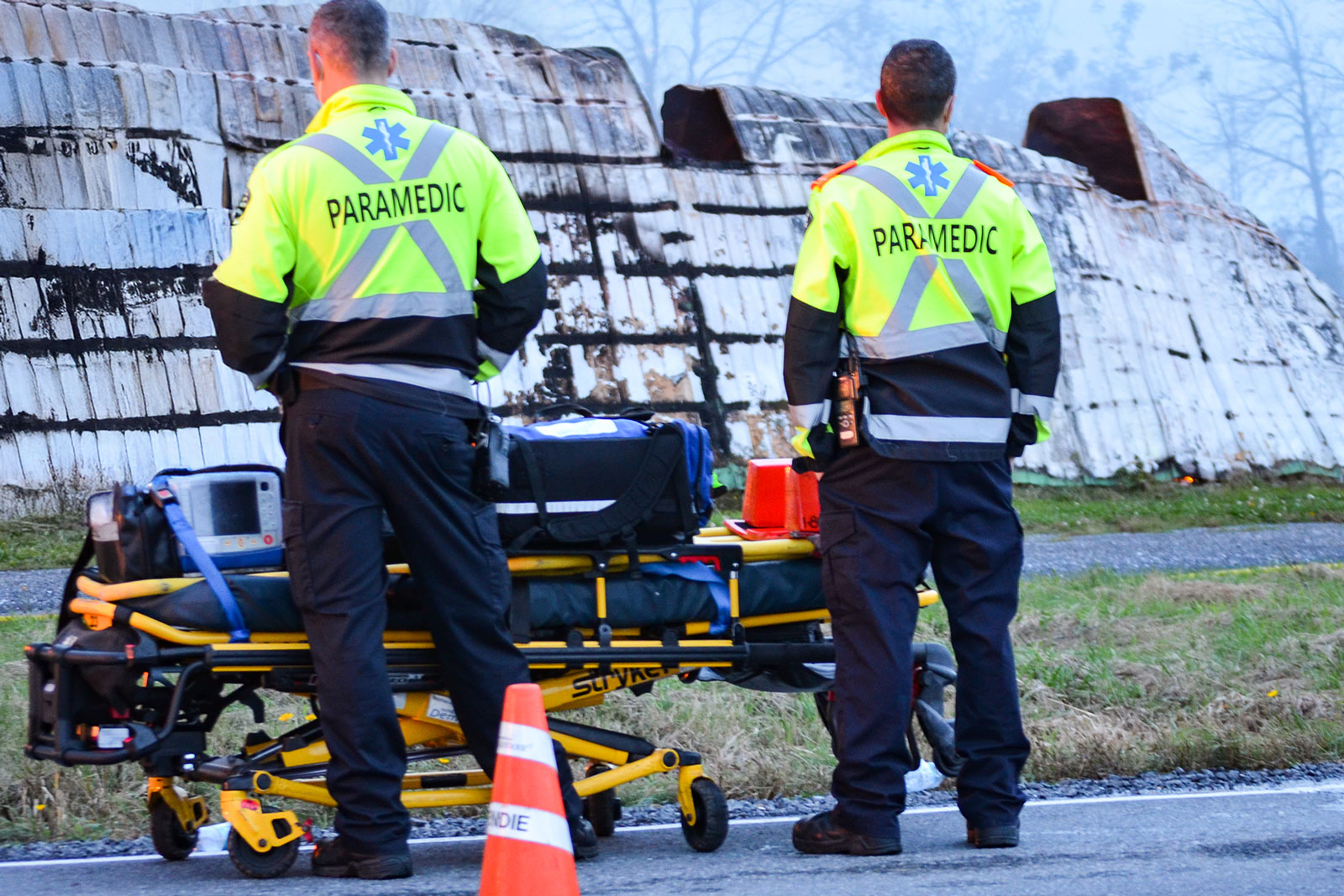Peer Support
Peer support provides public safety personnel with connection, understanding, and resilience through shared experiences, enhancing mental health and team well-being.
Peer Support can be an important resource for many Public Safety Personnel (PSP) and Public Safety Organizations (PSO’s). The unique stressors, culture, and environment of PSP work can be isolating if PSP and PSOs don’t make a conscious effort to connect with peers who understand the experience of being in public safety. For this reason, many PSP and PSOs engage in some form of peer support in order to strengthen resilience, support mental health, and improve organizational well-being.
What is Peer Support?
Peer support involves a supportive relationship between individuals who share similar lived experiences. Peer support, including peer support programs, can offer encouragement, understanding and a sense of hope that recovery and personal growth are possible moving forward (Mental Health Commission of Canada, n.d.).
Types of Peer Support
There is no “one-size-fits-all” approach to peer support—its strength lies in its flexibility and adaptability to meet the unique needs of different individuals, teams, and environments. Peer support can be offered where there is need (i.e., at workplaces, within peer-run programs, etc.). In PSP workplaces, peer support can exist in many forms, depending on goals or interests of a group, and the nature of the shared experiences. Peer support is intended to complement, rather than replace, clinical programs and traditional care (Mental Health Commission of Canada, n.d.). It can add a layer of connection and understanding that comes from shared experience, often making it easier for individuals to open up and seek help.
Support may be formal or informal:
Formal peer support includes structured programs with trained professionals who follow a models, guidelines or protocols. This may involve scheduled one-on-one check-ins, peer-led debriefings after incidents, or organized wellness groups (i.e., within departments).
Informal peer support occurs more organically through everyday interactions, including colleagues checking in with each other, sharing coping strategies, or offering a listening ear during any downtime.
The Guidelines for Practice and Training of Peer Support, developed by the Mental Health Commission of Canada, may be beneficial to reference when understanding approaches to peer support: Guidelines for the Practice and Training of Peer Support - Mental Health Commission of Canada
How does Peer Support Relate to Team Wellness among PSPs?
Whether formal or informal, peer support contributes an environment of empathy and trust within teams. Peer support is an important component of team wellness, particularly in the high-stress or high-stakes environments that PSPs may face each day. It can contribute to a culture where people feel seen, heard and supported by other colleagues who may have had similar experiences. Peer support can lead to increased community engagement, reduced isolation and improved quality of life (Hagan et al., 2010).
Peer Support Programs
Below are examples of peer support programs and resources available to support PSP populations.
Boots on the Ground
An anonymous, confidential helpline offering support for PSPs by PSPs within Ontario. It is available 24 hours per day, 7 days per week. The program is a charitable organization organized and run by volunteers.
Wounded Warriors Peer Support Fundamentals Program
A program designed to help PSPs “become confident, capable, well-informed peer supporters” and facilitate resilience in light of the demands of PSP roles.
References:
Hagan M., Cyr, C., McKee, H., & Priest, R. (2010). Making the case for peer support: Report to the Peer Support Project of the Mental Health Commission of Canada. Calgary, AB: Mental Health Commission of Canada. Retrieved from http://www.mentalhealthcommission.ca
Mental Health Commission of Canada. Peer Support. https://mentalhealthcommission.ca/what-we-do/access/peer-support/
Ricciardelli, R., Carleton, R. N., Groll, D., & Cramm, H. (2018). Qualitatively unpacking Canadian public safety personnel experiences of trauma and their well-being. Canadian Journal of Criminology and Criminal Justice, 60(4), 566–577. https://doi.org/10.3138/cjccj.2017-0053.r2
.png)
.png)
.png)
.png)
.png)
.png)



.jfif)











